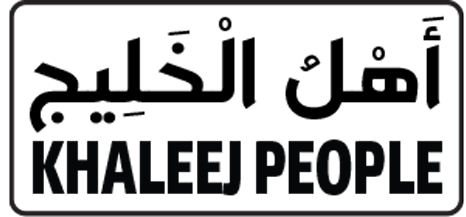Build a Strong Personal Brand on LinkedIn: Expert Tips
Discover How to Build a Strong Personal Brand on LinkedIn with Proven Strategies to Boost Your Professional Visibility and Networking Opportunities
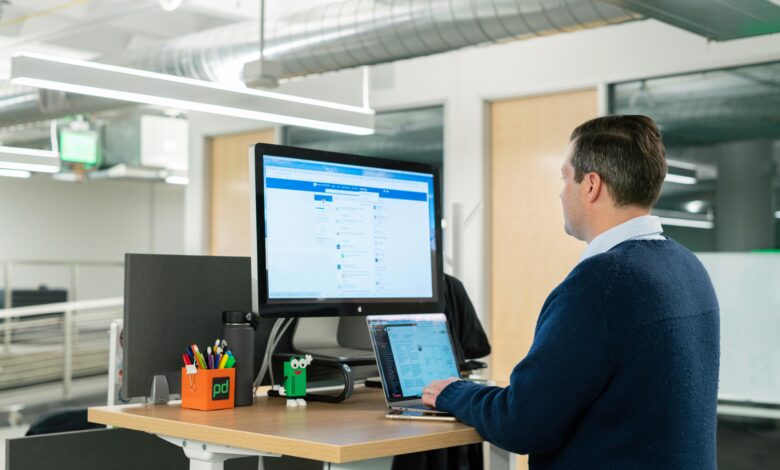
In today’s digital age, creating a personal brand is essential for professionals looking to make a lasting impact. LinkedIn, the world’s largest professional networking platform, is a powerful tool to build and showcase your personal brand. Whether you are a job seeker, entrepreneur, or industry expert, establishing a strong personal brand on LinkedIn can open doors to new opportunities, connections, and career growth.
In this article, we’ll dive deep into the step-by-step process of how to create a personal brand on LinkedIn. By following these strategies, you’ll be able to craft a compelling online presence that reflects your professional expertise and sets you apart from the competition.
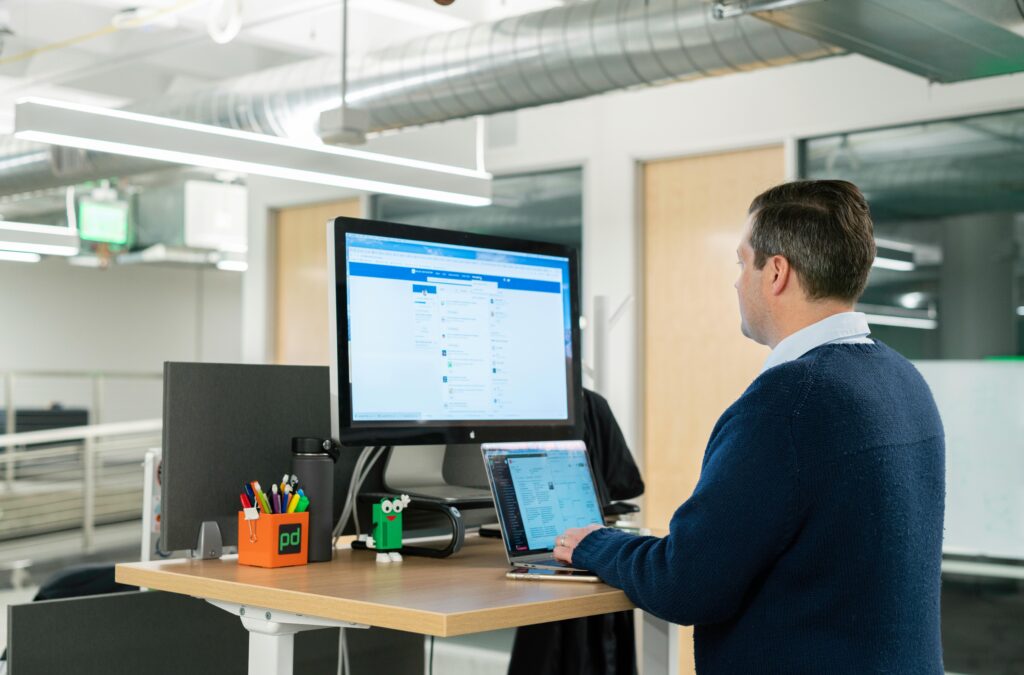
1. Optimize Your LinkedIn Profile
The first step to creating a personal brand on LinkedIn is ensuring that your profile is complete and optimized for your target audience. Your LinkedIn profile is your personal landing page, so it should be engaging, professional, and reflect your personal brand clearly.
Key elements to focus on:
- Profile Picture: Use a high-quality, professional headshot. Your picture is the first impression others will have of you, so make sure it conveys professionalism.
- Headline: Your headline should be more than just your job title. Incorporate keywords related to your field or expertise, and give a glimpse of the value you offer. For example, instead of “Marketing Manager,” try “Digital Marketing Strategist | Helping Businesses Grow with Data-Driven Campaigns.”
- Summary (About Section): Write a compelling summary that highlights your skills, experiences, and what makes you unique. This is your opportunity to tell your story and share what drives your passion.
- Experience and Skills: List your key experiences and relevant skills. Focus on accomplishments and results, not just responsibilities.
Optimizing your profile helps LinkedIn’s search algorithms recognize your profile as relevant, making it easier for recruiters and potential clients to find you. When you consistently showcase your expertise, it helps solidify how to create a personal brand on LinkedIn that reflects your professional identity.
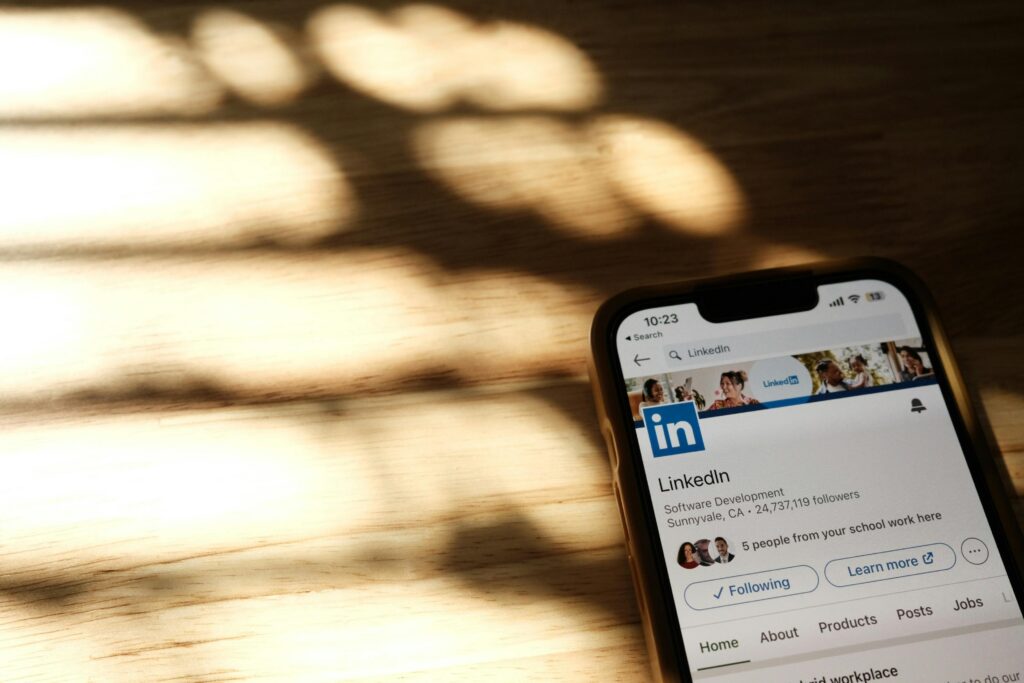
2. Create and Share Thought Leadership Content
One of the most effective ways to establish authority and credibility on LinkedIn is by regularly sharing valuable content. When you create and share content that resonates with your audience, you reinforce your personal brand as an expert in your field.
Types of content to consider:
- LinkedIn Articles: Write in-depth articles on topics that you are passionate about or have expertise in. Articles stay on your profile permanently and allow you to dive deep into industry trends, tips, or case studies.
- Posts: Share short-form updates about industry news, insights, or your professional journey. Use engaging images, polls, or even short videos to drive engagement.
- Engage in Discussions: Comment on other people’s posts, especially those from thought leaders in your industry. Add value by providing insights or asking thoughtful questions. This helps to establish your presence and network with other professionals.
By regularly engaging in content creation and sharing your insights, you continue to reinforce how to create a personal brand on LinkedIn that reflects your expertise and adds value to your network.
3. Build and Expand Your Network
Building a strong network is a crucial part of creating a personal brand on LinkedIn. The more connections you have, the wider your reach, which increases the visibility of your personal brand.
Networking Tips:
- Connect with Industry Peers: Reach out to people in your industry. When sending connection requests, always include a personalized note explaining why you’d like to connect. This approach feels more authentic and increases the likelihood of your request being accepted.
- Engage with Influencers: Follow and engage with key influencers or industry leaders. Comment on their posts, share their content, and build relationships with them. This can also increase your visibility within your professional niche.
- Attend Virtual Events: LinkedIn offers a variety of webinars and live events. Attending and engaging in these events can lead to meaningful connections and opportunities to network with like-minded professionals.
By actively growing your network and engaging with your connections, you strengthen your visibility and demonstrate how to strategically create a personal brand on LinkedIn that is both authentic and influential.
4. Leverage Recommendations and Endorsements
Recommendations and endorsements play a pivotal role in how to create a personal brand on LinkedIn because they provide social proof of your expertise and skills.
Recommendations:
- Ask former colleagues, clients, or supervisors for LinkedIn recommendations. Be specific about which skills or experiences you’d like them to highlight. Personalized recommendations that showcase your unique talents can go a long way in enhancing your personal brand.
Endorsements:
- Endorsements allow your connections to vouch for your skills. To increase your endorsements, endorse others for their skills, and in many cases, they’ll return the favor. Prioritize skills that are most relevant to your personal brand and professional goals.
These elements build credibility and demonstrate that others recognize your expertise, which is crucial when you’re figuring out how to create a personal brand on LinkedIn that stands out.
5. Stay Consistent with Your Branding
Consistency is key when it comes to creating a personal brand on LinkedIn. Your profile, posts, and engagements should all align with your personal brand message.
How to maintain consistency:
- Use a Consistent Voice: Whether you’re posting, commenting, or sending messages, use a tone that reflects your personal brand. If you want to be seen as approachable, maintain a friendly, professional tone.
- Visual Identity: Use similar profile photos across all social media platforms to ensure uniformity. This makes it easy for people to recognize you.
- Content Strategy: Focus on topics and content that align with your personal brand. For example, if you’re branding yourself as a digital marketing expert, most of your posts and articles should be centered on digital marketing trends, tools, and case studies.
Being consistent in all your LinkedIn activities helps solidify how to create a personal brand on LinkedIn that remains memorable and impactful.
6. Monitor and Refine Your Personal Brand
Creating a personal brand on LinkedIn is not a one-time effort; it’s an ongoing process. As you continue to evolve professionally, your LinkedIn brand should reflect that growth.
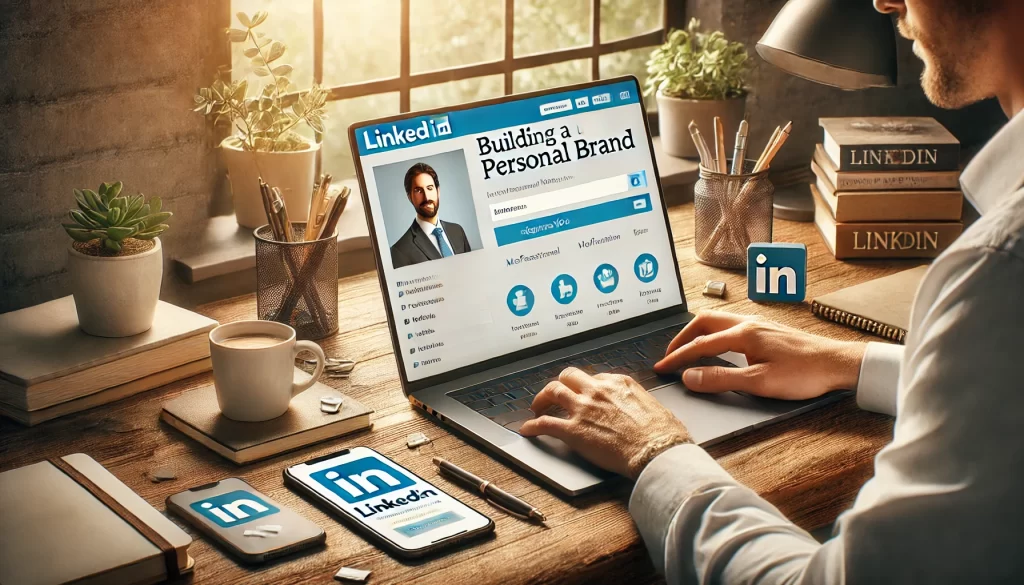
Steps to monitor and refine:
- Regular Profile Updates: Make sure to update your profile as you gain new experiences, skills, or accomplishments. Add certifications or new roles to keep your profile fresh.
- Analyze Your Engagement: Use LinkedIn’s analytics to understand which of your posts and articles get the most engagement. This helps you refine your content strategy based on what resonates with your audience.
- Seek Feedback: Reach out to your network and ask for feedback on your profile, content, and overall personal brand. Constructive feedback can help you identify areas for improvement.
By regularly monitoring and refining your approach, you ensure that your strategy on how to create a personal brand on LinkedIn remains relevant and aligned with your professional growth.
Conclusion
Building a strong personal brand on LinkedIn is essential in today’s competitive professional landscape. By optimizing your profile, creating valuable content, expanding your network, and maintaining consistency, you can establish a compelling personal brand that opens doors to new opportunities.
Whether you’re looking to boost your career, attract new clients, or establish yourself as a thought leader, following these steps on how to create a personal brand on LinkedIn will help you achieve your goals. Remember, your personal brand is your professional story—make sure it’s one that resonates with your audience.
